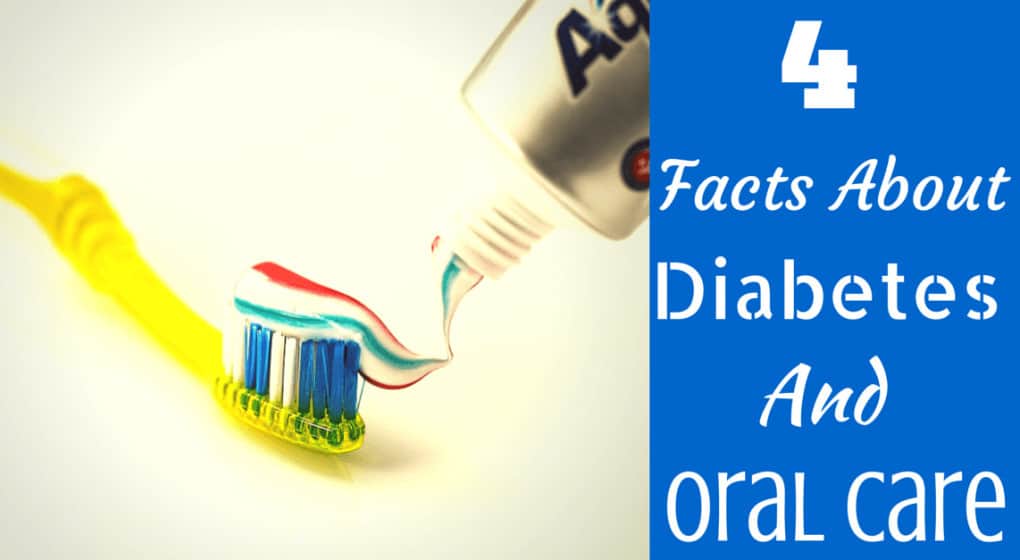
The connections between diabetes and health issues like kidney failure, heart disease, and strokes is well documented. But what many don’t know is that there’s a distinct link between diabetes and dental health.
The unfortunate fact is that oral issues and diabetes have a mutually harmful relationship – each one exacerbates complications for the other. So, anyone with the condition must be vigilant about both to stay healthy.
Below are the 4 facts that connect diabetes and oral care:
1. Sweet Mouth

Given the fact that you check your blood sugar daily, you’re well aware of the fact that your blood contains too much glucose, but did you know that the same is true of your saliva?
This can be a dangerous situation for your teeth if you don’t keep your blood sugar in check. The high levels of glucose in your saliva essentially act like sweet food, which feeds the bacteria that causes plaque and, ultimately, tooth decay.
2. Gingivitis & Periodontitis
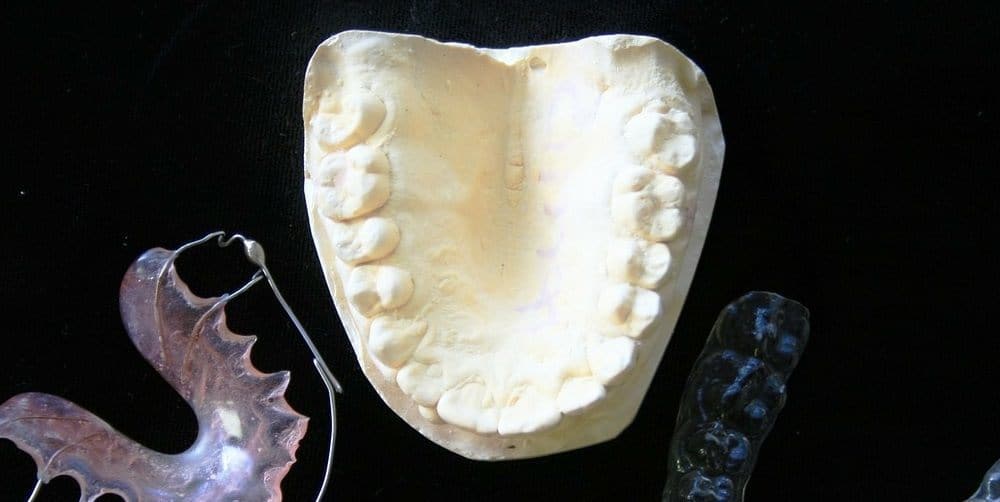
Gum disease, or gingivitis, is frighteningly common in all adults, but it’s important to realize that those with diabetes are even more susceptible to it.
When gums become inflamed with infection, your body has a tougher time using insulin and keeping blood sugar under control. So, people with diabetes are also more likely to have gingivitis develop into the more severe periodontitis.
And as if that weren’t enough, raised blood sugar makes gum disease worse. So the two conditions work in tandem, each one making the other worse. The good news is that by addressing one issue, you’re helping the other as well.
3. Hard to Heal
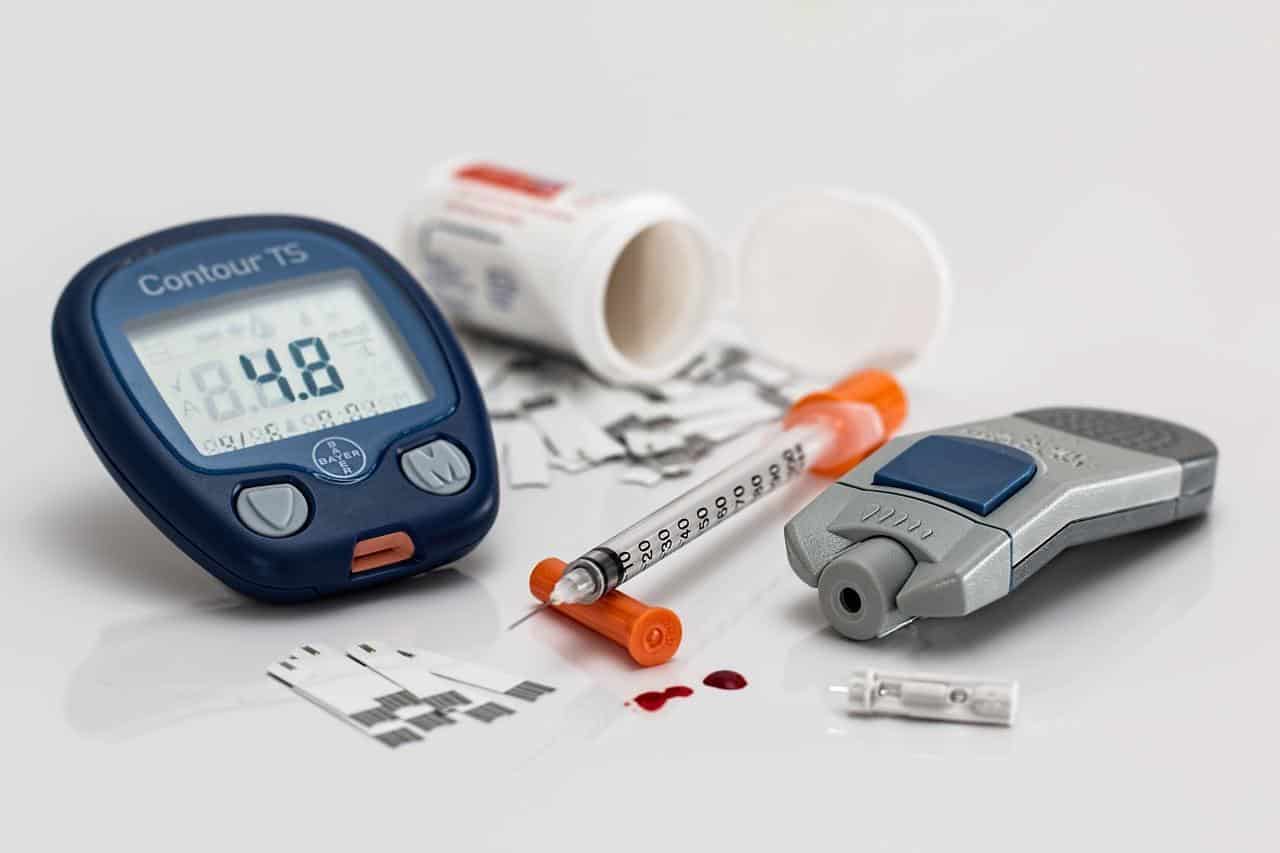
It’s important to keep in mind that when your blood sugar is high, it’s harder for your body to heal itself. That means that addressing gum disease or healing from any oral surgery will be more difficult.
In fact, if your glucose levels are higher than they should be, you should delay any procedure that will require healing until blood sugar is back under control.
4. Hidden Cause

Studies have proven links between oral health and all kinds of serious health conditions, but the link to diabetes seems to be one of the strongest.
Some even think that it’s possible that gum disease may be a causal factor of diabetes. The thought is that if you’re already at risk of developing diabetes, gum disease may be the thing that pushes your glucose into dangerous, diabetic levels.
Poor dental health can lead to heart disease, strokes, and diabetes.
If you know that you’re at risk for diabetes, you should be extra vigilant about maintaining good oral health.
Take Charge of Your Oral Care
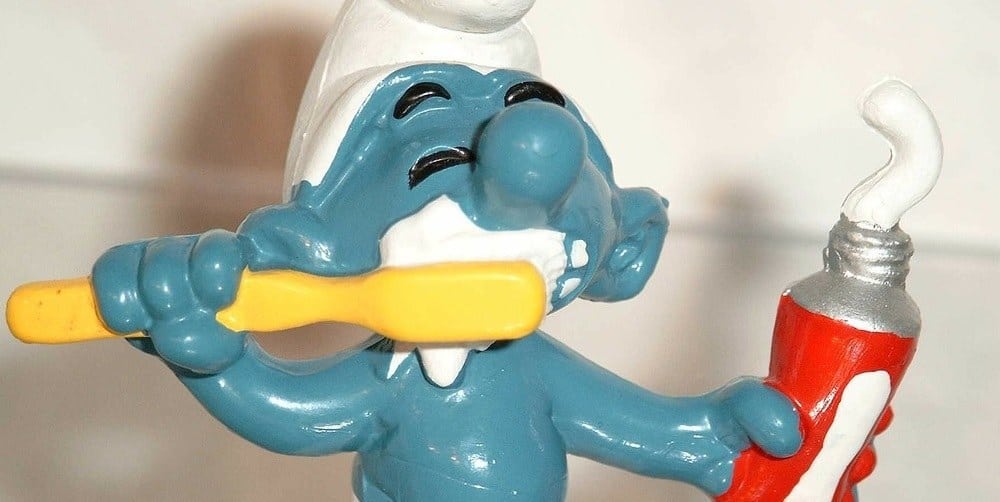
Regardless of any other health condition, it’s critical for everyone to take good care of their teeth and gums on a daily basis.
That means brushing for at least 2 minutes twice a day and flossing at least once a day. And, of course, you should be visiting your dentist every six months for a professional cleaning and a check-up. But here are a few other daily habits that can help keep your teeth healthy:
- Both for your teeth and your blood sugar, minimize sweet treats and crunchy, starchy foods.
- If you do indulge in foods or drinks that are sweet, acidic, chewy or crunchy, try to rinse your mouth out with water after eating.
- Limit anything sugary to once a day and rinse with water or brush right afterward.
- Set a timer on your phone when you brush to ensure that you’re doing the recommended 2 minutes.
- If flossing is a challenge for you, consider trying a water flosser, which may make the process easier.
Don’t forget to clean your tongue!
Lines of Communication
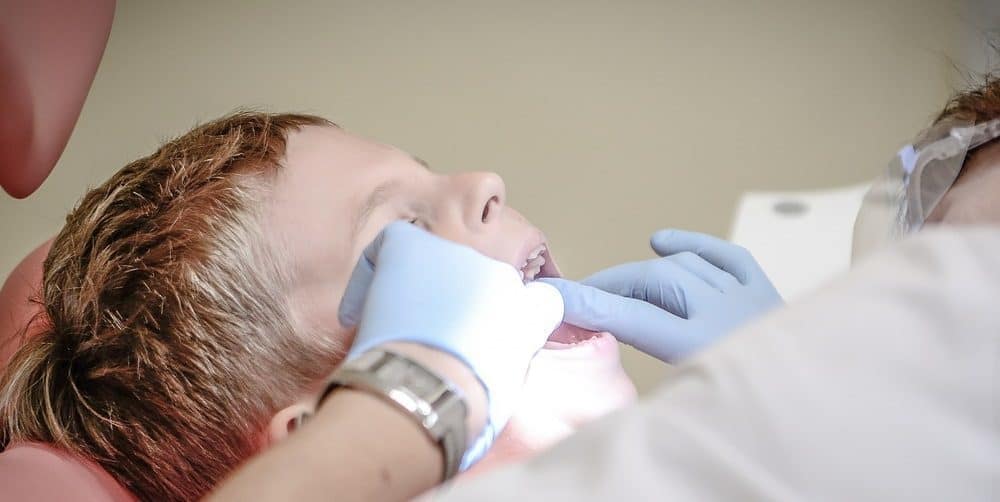
If you have diabetes, you should make sure that your dentist knows about it.
He or she probably already does if you had the condition when you first started seeing that dentist, but if you develop diabetes later, be sure to let them know the next time you go.
You’ll want to let your dentist know what treatments or medications you receive. It’s also a good idea to give your dentist the contact information of the doctor who treats your diabetes in case any issues or questions should arise.
And if you will be undergoing any dental treatments that are outside of the ordinary, you should consult your doctor first to get the go-ahead that your glucose levels are in a safe range.
Having diabetes doesn’t automatically mean that you’ll have dental health issues, but it’s vital for you to understand the possible risks and take precaution to avoid them as best you can.
Leave a comment